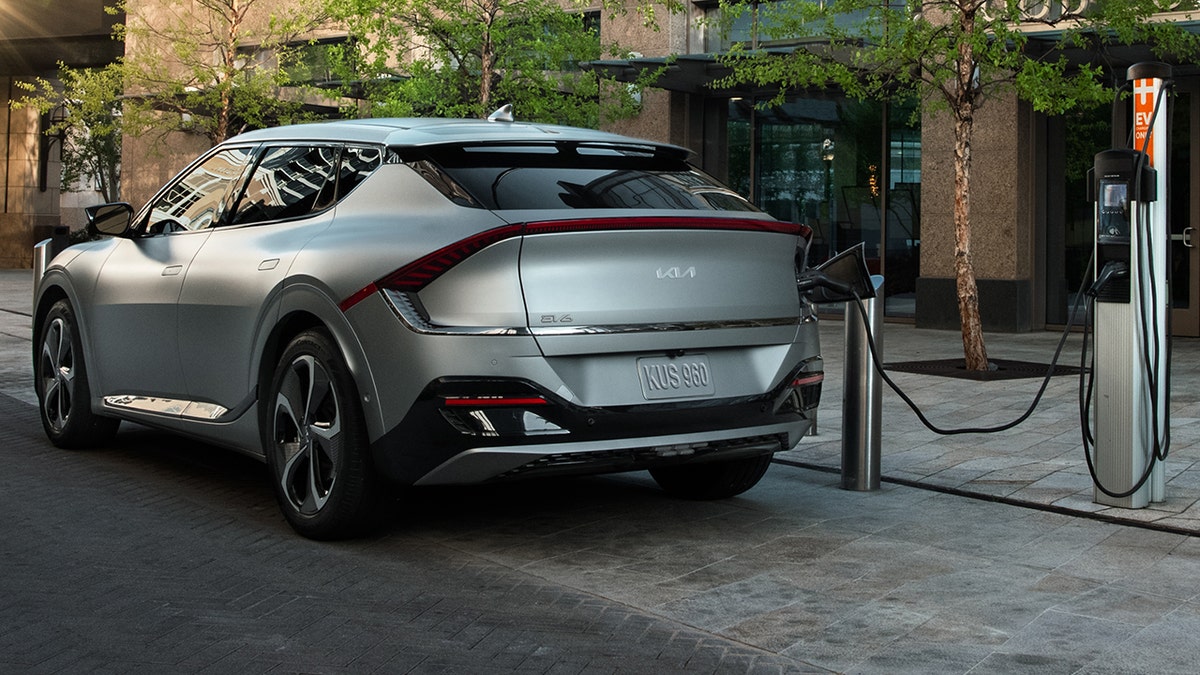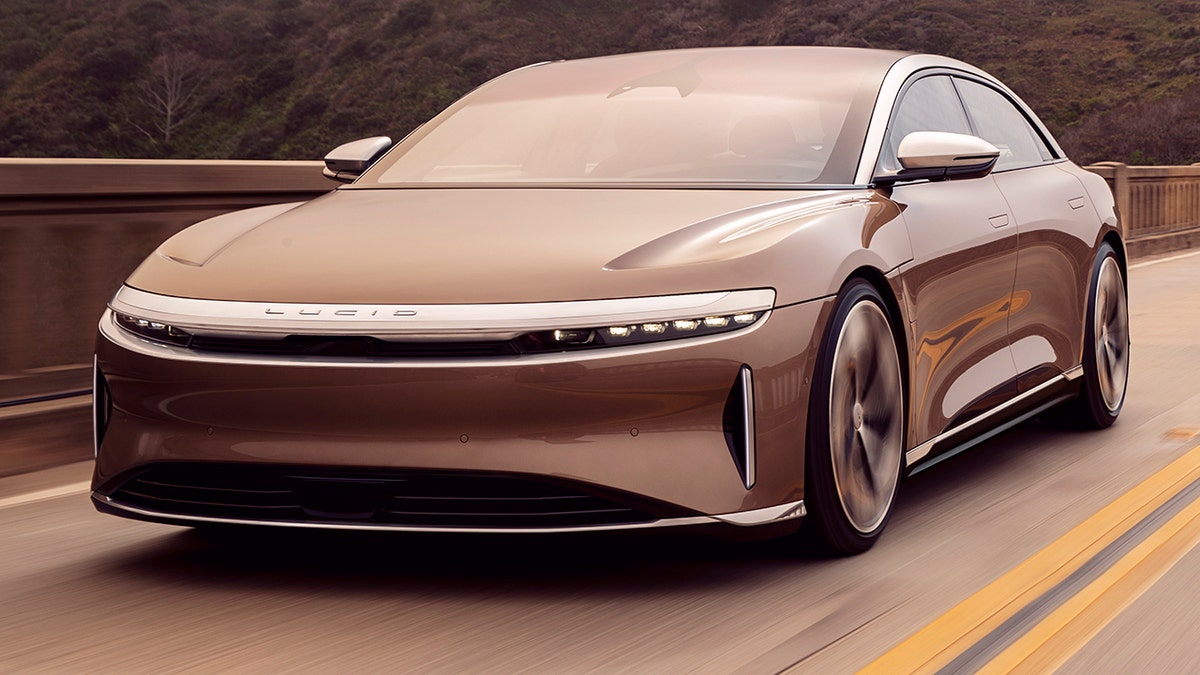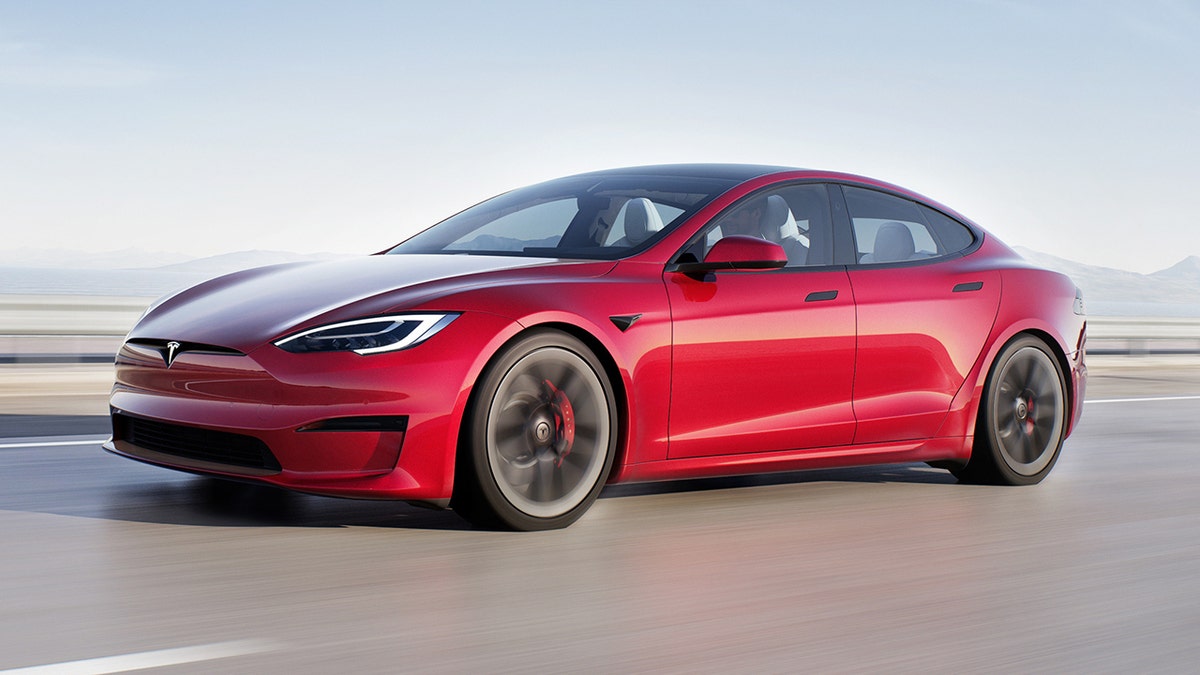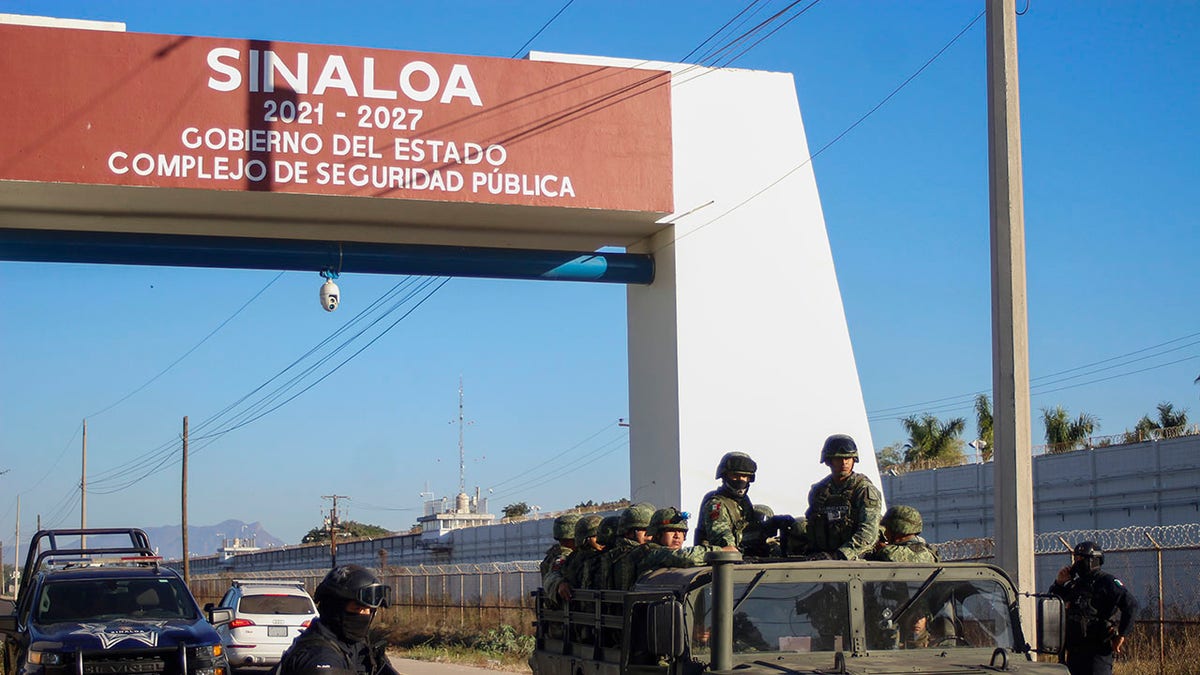Pit stops are a racer's bane, and lengthy charging times similarly frustrate EV drivers. This remains a significant hurdle for potential electric vehicle buyers, but advancements are changing the game.
While a 40-minute charge to 80% at a DC fast charging station is still common, some automakers like Tesla, Porsche, Kia, Hyundai, and Lucid offer faster options. But which reigns supreme in the speed department?
P3 Group, a consulting firm, conducted tests to determine how much range various top EV models can gain in realistic 10 and 20-minute charging sessions, mirroring the quick refueling experience of gasoline cars.
EVs follow a "charging curve" – rapid charging initially, then a slowdown to protect the battery as it nears capacity. The test results factored in the final charge level and the vehicle's overall energy efficiency.

In a 10-minute sprint, the rear-wheel-drive Kia EV6 with the long-range battery topped the charts with a 127-mile gain. Trailing closely behind were the Lucid Air GT at 124 miles and the Tesla Model S Plaid at 123 miles.
At the other end of the spectrum, the Ford F-150 Lightning with the extended-range battery managed just 59 miles, while the Ford Mustang Mach-E with the extended-range battery and rear-wheel drive achieved 62 miles.

Stretching the charging time to 20 minutes saw the Lucid Air GT take the lead, boasting an impressive 208-mile gain. The Tesla Model S Plaid secured second place with 193 miles, followed by the Kia EV6 at 191 miles.
The Ford F-150 Lightning and Mustang Mach-E concluded with 109 and 110 miles, respectively.
Edmunds, the automotive marketplace, is partnering with P3 Group to integrate this efficiency data into their vehicle evaluations. Alistair Weaver, Edmunds’ vice president of editorial, highlighted the importance of range and charging efficiency for prospective EV buyers. This collaboration aims to provide car shoppers with critical insights to inform their decisions.









